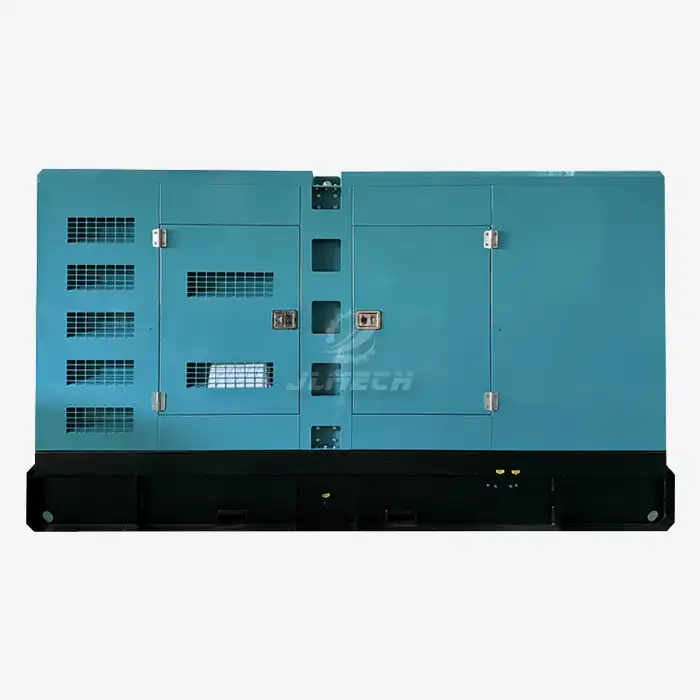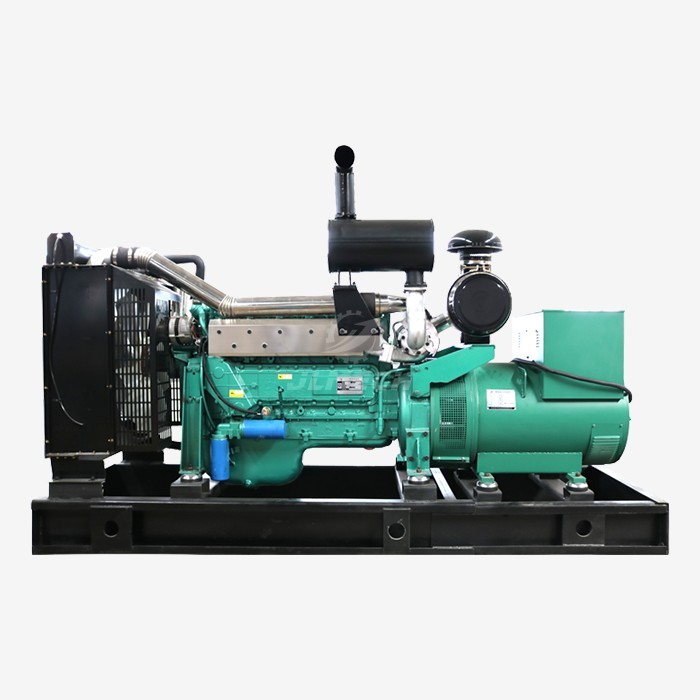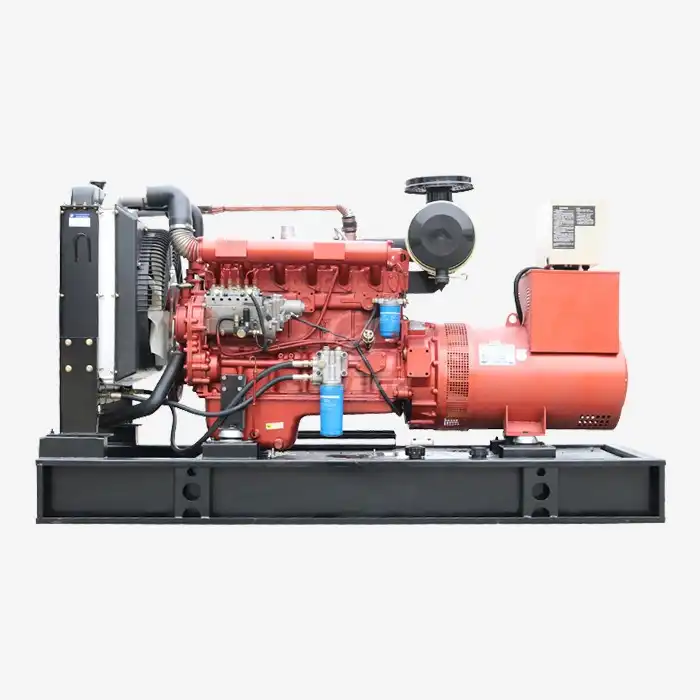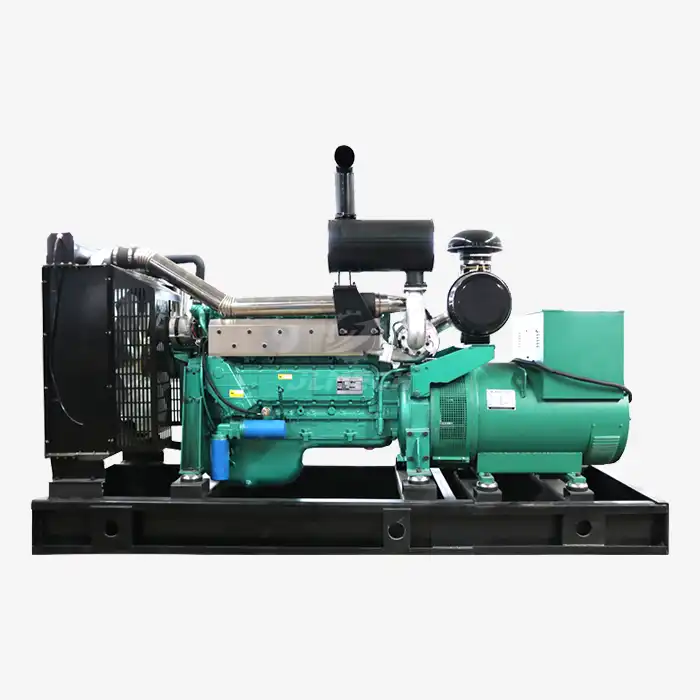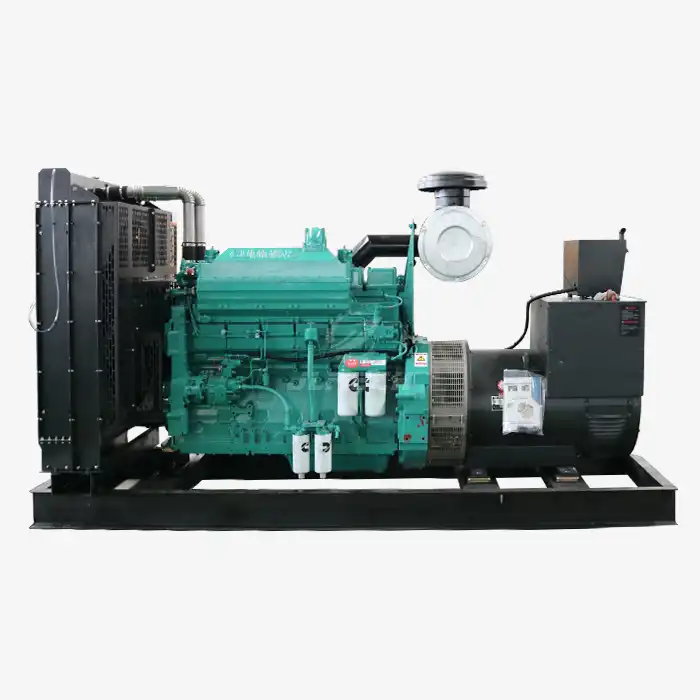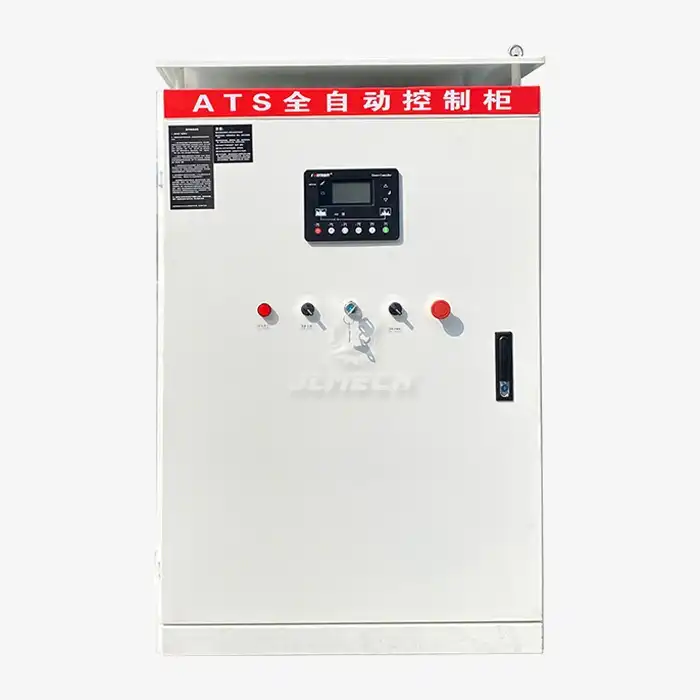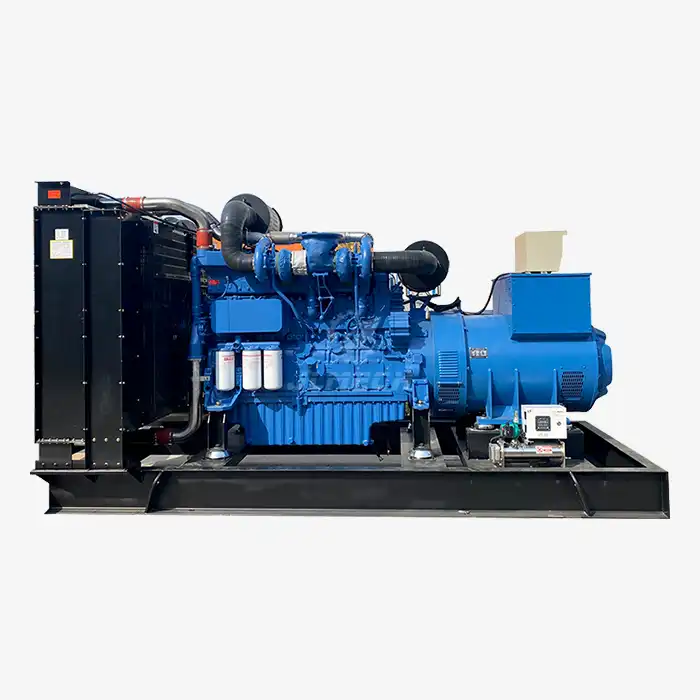How to make generator fuel last longer?
With rising fuel costs and increasing operational demands, maximizing your diesel generator's fuel efficiency has become one of the most critical factors in controlling operational expenses. Extending fuel longevity is not just about reducing costs—it directly impacts your operational reliability and environmental footprint. A comprehensive diesel generator maintenance schedule serves as the foundation for achieving optimal fuel efficiency, ensuring that every drop of fuel delivers maximum power output while minimizing waste and unnecessary consumption.

Load Management and Optimization
Proper load management represents the single most effective strategy for fuel conservation. Operating your generator within its optimal load range ensures maximum fuel efficiency while preventing common issues that increase consumption.
Ideal Load Range: Maintain operation between 60-80% of rated capacity. Avoid persistent low-load operation (below 30%) which causes "wet stacking" and incomplete combustion, increasing fuel consumption by up to 15%.
Load Sequencing: Implement automated load sequencing to prioritize essential loads and shed non-critical loads during extended operation.
Parallel Systems: For larger installations, consider parallel generator systems that allow multiple units to share load efficiently, adjusting to demand without overloading single units.
Power Factor Correction: Install power factor correction equipment to reduce reactive power demands, effectively increasing your generator's capacity to handle more active load with the same fuel consumption.
Integrating these strategies into your diesel generator maintenance schedule ensures consistent fuel optimization throughout your equipment's lifecycle.
Operational Practices and Environmental Optimization
Your daily operational habits and environmental management significantly impact fuel efficiency. These practical strategies can dramatically extend your fuel supply:
Avoid Unnecessary Idling: Shut down generators during extended non-use periods rather than letting them idle, which consumes fuel without productive output.
Temperature Management: Maintain optimal operating temperature (80-95°C) through proper cooling system maintenance. In cold climates, use block heaters to reduce cold-start fuel waste.
Strategic Exercise Runs: Conduct monthly exercise runs under adequate load (minimum 30% of rated capacity) rather than no-load operation, which prevents carbon buildup while conserving fuel.
Ventilation and Airflow: Ensure adequate airflow to the generator room, as restricted air intake increases fuel consumption by forcing the engine to work harder for combustion air.
Fuel Quality Preservation: Use fuel stabilizers and biocides to prevent degradation and microbial growth, which can clog filters and reduce combustion efficiency.
Maintenance Planning for Fuel Efficiency
A proactive maintenance approach directly correlates with improved fuel efficiency. Specific maintenance activities significantly impact how effectively your generator converts fuel into electricity:
Regular Filter Replacement: Clogged air filters restrict airflow, causing rich fuel mixture and increased consumption. Replace air filters according to your diesel generator maintenance schedule or when pressure indicators activate.
Fuel System Maintenance: Clean injectors and properly calibrated pumps ensure optimal spray patterns and combustion efficiency. Poor injection can increase fuel consumption by up to 20%.
Engine Tuning: Regular valve adjustments, compression checks, and injection timing verification maintain peak combustion efficiency. A poorly tuned engine may consume 10-15% more fuel.
Cooling System Efficiency: A clean, properly functioning cooling system maintains optimal operating temperature. Overheating or running too cool both increase fuel consumption.
Oil Quality and Changes: Using the correct grade of oil and changing it at recommended intervals reduces friction losses, directly improving fuel economy.
Documenting these practices within your formal diesel generator maintenance schedule ensures they receive proper priority and consistent implementation.
Conclusion
Maximizing your generator's fuel efficiency requires a comprehensive approach that combines proper load management, optimized operational practices, and diligent maintenance. By implementing these strategies and incorporating them into a formal diesel generator maintenance schedule, you can typically achieve 15-25% reduction in fuel consumption while simultaneously extending your equipment's operational life and improving reliability. The most successful fuel conservation programs combine technological solutions with disciplined operational practices and regular professional maintenance.
JLMECH possesses extensive expertise in power generation solutions and upholds an unwavering commitment to quality. Our team can help you develop a comprehensive fuel optimization strategy tailored to your specific operational needs and equipment profile.
Contact our expert team at JLMECH today. Email us at skala@whjlmech.com to learn about our fuel efficiency audits, maintenance programs, and generator solutions designed to maximize your fuel economy and minimize operating costs.
References
International Organization for Standardization. (2018). *ISO 8528-5:2018 Reciprocating internal combustion engine driven alternating current generating sets — Part 5: Generating sets*. Geneva, Switzerland.
National Fire Protection Association (NFPA). (2022). NFPA 110: Standard for Emergency and Standby Power Systems. Quincy, MA, USA.
Society of Automotive Engineers (SAE). (2019). SAE J300: Engine Oil Viscosity Classification. Warrendale, PA, USA.



